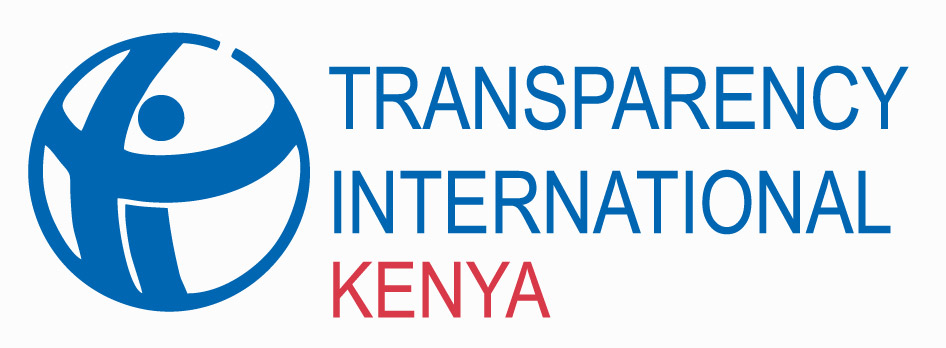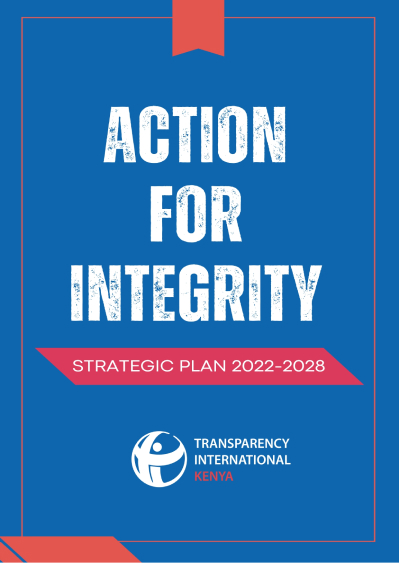This study presents a comprehensive assessment of the implementation of the African Union Convention on Preventing and Combating Corruption (AUCPCC) across four East African countries: Kenya, Rwanda, Tanzania, and Uganda. The AUCPCC, adopted in 2003, represents Africa’s own comprehensive framework to combat corruption, serving as the cornerstone of the continent’s collective efforts to promote transparency, accountability, and good governance. The effectiveness of this convention, however, depends fundamentally on national implementation. This research specifically examines four crucial provisions of the AUCPCC that form an interconnected system for combating corruption: access to information, asset recovery, beneficial ownership transparency, and whistleblower protection. These provisions were selected for their critical importance in preventing illicit financial flows (IFFs) and strengthening domestic resource mobilisation (DRM). When effectively implemented, they create a synergistic framework that significantly curbs corruption, reduces the need for external borrowing, and increases resources available for essential public services and development

